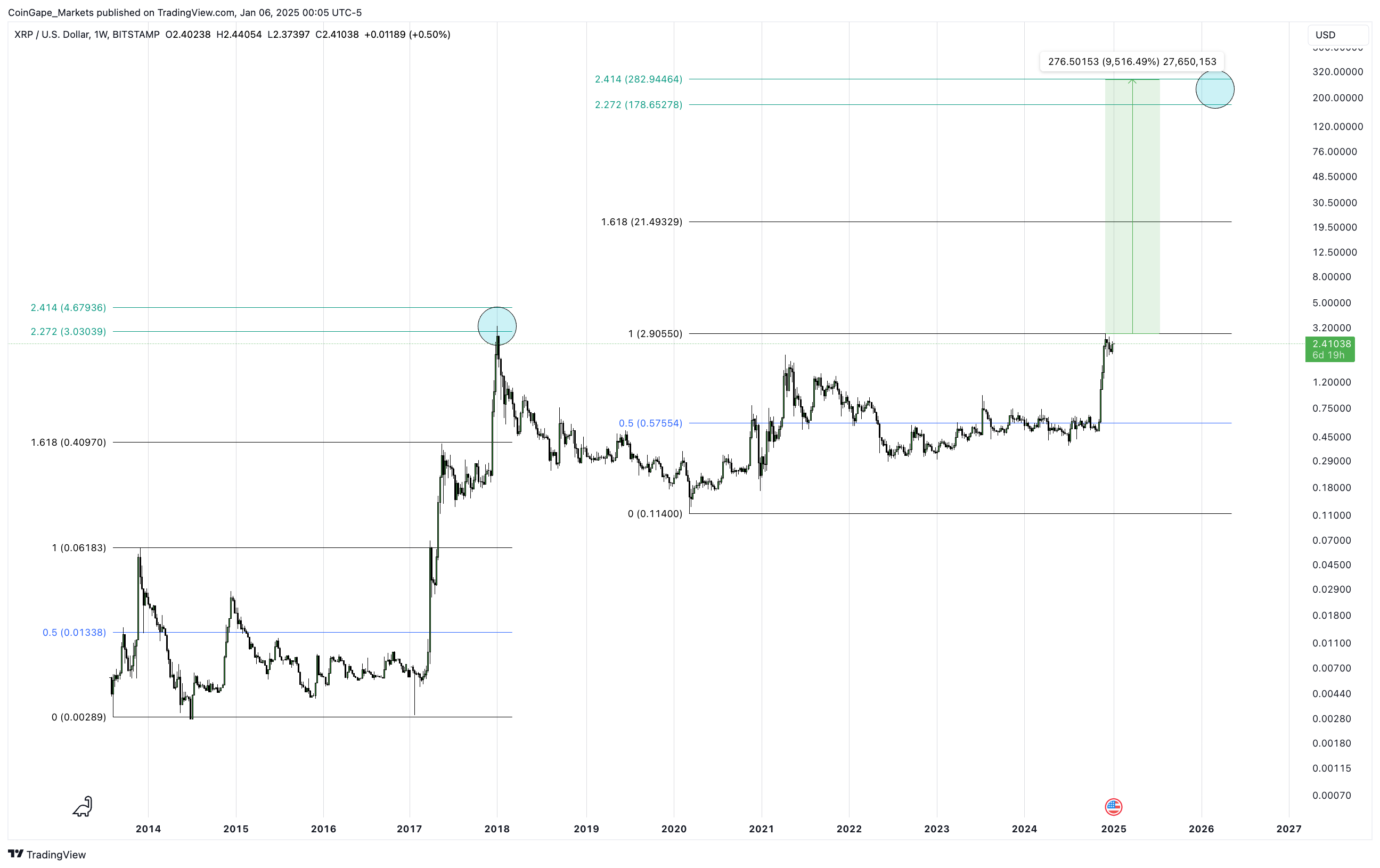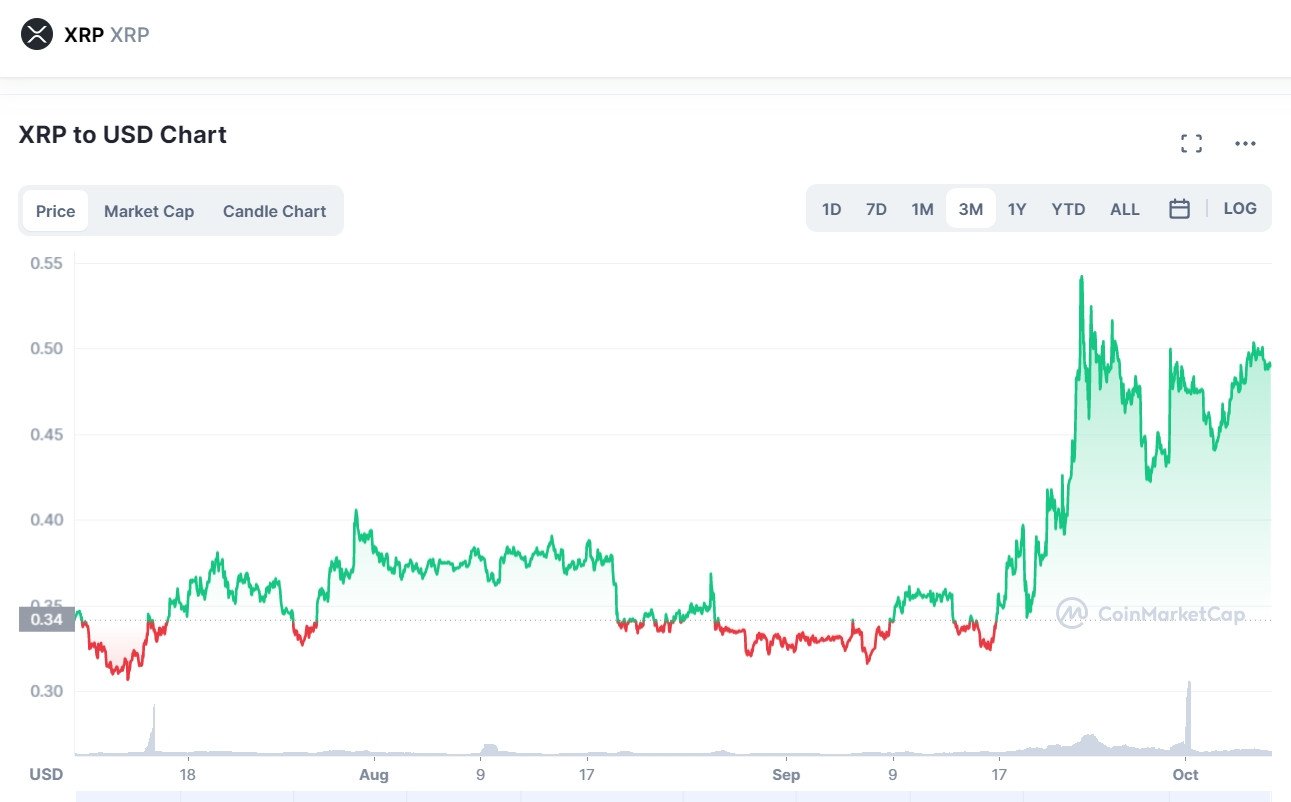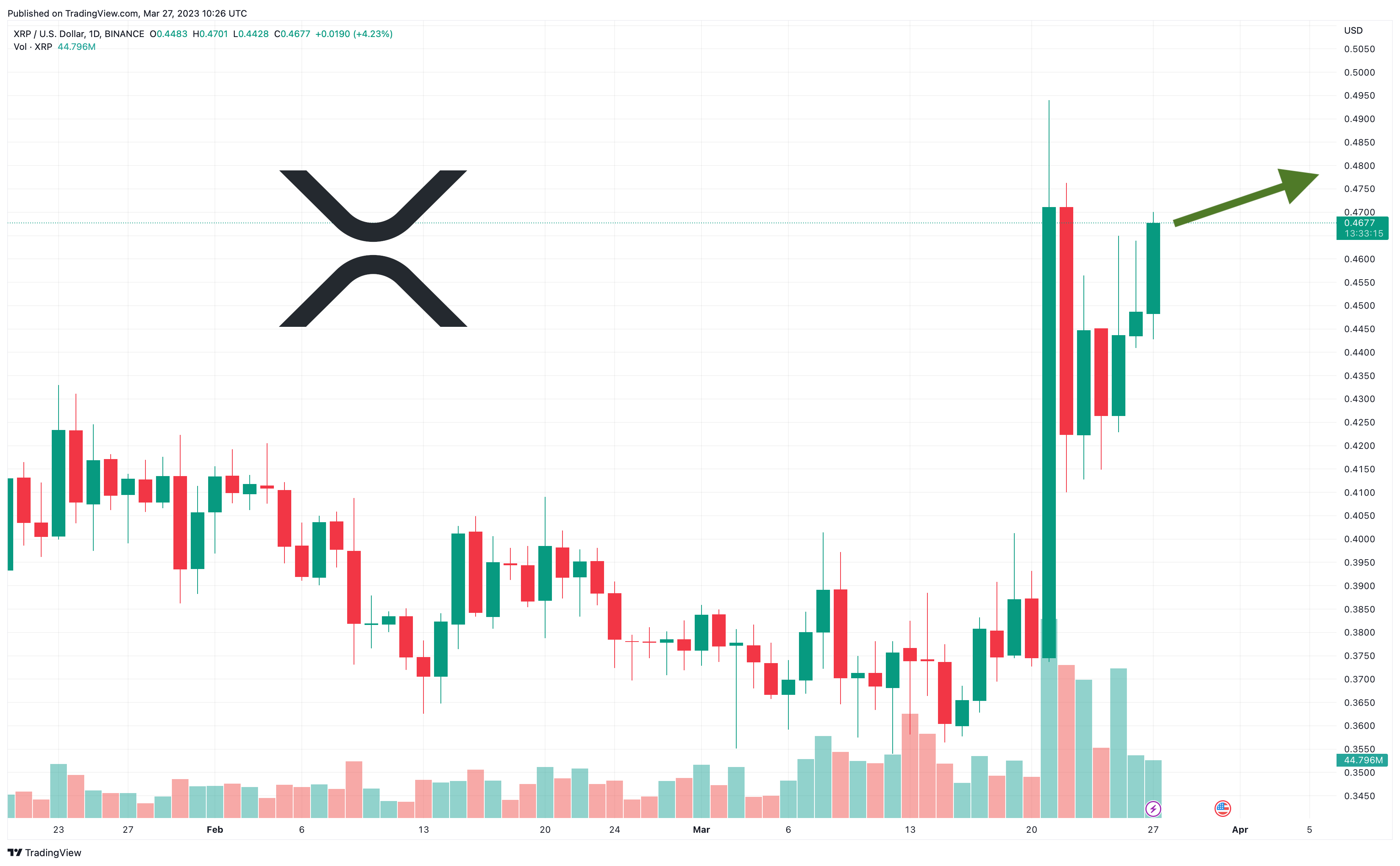Unlocking Potential: How Middle Managers Drive Productivity And Engagement

Table of Contents
The Crucial Role of Middle Managers in Boosting Productivity
Middle managers act as a crucial bridge between senior leadership and frontline employees. Their effectiveness directly correlates with team productivity and overall organizational success. Their responsibilities extend beyond simple task delegation; they involve strategic planning, resource allocation, and fostering a productive work environment.
Effective Communication and Delegation
Clear communication is paramount for productivity. Middle managers must clearly articulate goals, expectations, and deadlines to their teams. This involves:
- Setting SMART goals: Specific, Measurable, Achievable, Relevant, and Time-bound goals provide clarity and direction.
- Utilizing various communication channels: Choosing the right method—email, meetings, instant messaging—for different messages ensures effective delivery.
- Active listening: Encouraging feedback and actively listening to team members’ concerns is crucial for effective communication.
- Providing regular updates: Keeping teams informed about progress, changes, and challenges fosters transparency and trust.
- Effective delegation: Empowering team members with responsibility fosters ownership and skill development. This requires careful task assignment based on individual strengths and capabilities.
Fostering a Culture of Collaboration
Collaboration is key to boosting productivity. Middle managers should actively cultivate a team environment that encourages:
- Team building activities: Activities that promote camaraderie and improve teamwork significantly impact productivity.
- Open communication channels: Establishing forums for open dialogue, idea sharing, and constructive feedback.
- Cross-functional collaboration: Encouraging teamwork across departments to streamline processes and solve problems creatively.
- Knowledge sharing: Implementing systems for sharing best practices, lessons learned, and project updates.
- Conflict resolution: Training and equipping middle managers with effective conflict resolution strategies.
Strategic Resource Allocation and Performance Monitoring
Effective resource allocation is vital for maximizing productivity. Middle managers are responsible for:
- Prioritizing tasks: Determining which tasks are most critical and allocating resources accordingly.
- Optimizing workflows: Identifying bottlenecks and implementing strategies to improve efficiency.
- Utilizing project management tools: Leveraging tools like Asana, Trello, or Monday.com to track progress and manage tasks effectively.
- Monitoring performance: Regularly tracking key performance indicators (KPIs) to identify areas for improvement and measure success.
- Data-driven decision making: Using data analysis to inform resource allocation and strategic planning.
Middle Managers as Champions of Employee Engagement
Engaged employees are more productive and innovative. Middle managers play a critical role in fostering a positive and supportive work environment that boosts engagement.
Creating a Supportive and Inclusive Work Environment
A supportive workplace is crucial for employee engagement. Middle managers can achieve this by:
- Promoting a culture of recognition and appreciation: Acknowledging and rewarding employee contributions.
- Addressing employee concerns promptly: Creating a safe space for employees to voice their concerns.
- Promoting work-life balance: Implementing policies and practices that support employee well-being.
- Fostering diversity and inclusion: Creating a workplace where all employees feel valued and respected.
- Mentoring and coaching: Providing guidance and support to help employees develop their skills and advance their careers.
Investing in Employee Development and Growth
Investing in employee development is an investment in the future of the organization. Middle managers should:
- Identify training needs: Regularly assessing employee skills and identifying areas for improvement.
- Providing opportunities for professional development: Offering training programs, workshops, and conferences.
- Mentoring and coaching employees: Providing personalized guidance and support.
- Creating challenging assignments: Providing opportunities for employees to stretch their skills and develop new ones.
- Supporting career progression: Identifying high-potential employees and helping them advance within the organization.
Promoting a Positive and Motivating Work Culture
A positive and motivating work culture is essential for driving employee engagement. Middle managers can contribute by:
- Leading by example: Exhibiting a positive attitude and strong work ethic.
- Encouraging open communication: Creating a safe space for employees to share ideas and feedback.
- Celebrating successes: Acknowledging and celebrating team achievements.
- Promoting a culture of continuous improvement: Encouraging employees to identify areas for improvement and propose solutions.
- Building strong relationships: Developing trust and rapport with team members.
Conclusion
Middle managers are not merely supervisors; they are vital catalysts for productivity and engagement. By fostering effective communication, collaboration, and employee development, middle managers unlock the immense potential within their teams. Investing in training and empowering your middle managers to implement these strategies will yield significant returns in terms of increased productivity, improved employee morale, and a more engaged and successful workforce. Start maximizing the impact of your middle managers today and unlock the true potential within your organization. Learn more about strategies to improve middle management effectiveness and drive productivity and employee engagement.

Featured Posts
-
 Angels Hitting Woes Continue 13 Strikeouts In Twins Series Defeat
May 08, 2025
Angels Hitting Woes Continue 13 Strikeouts In Twins Series Defeat
May 08, 2025 -
 Combating The Deadly Fungi Superbug Crisis Challenges And Solutions
May 08, 2025
Combating The Deadly Fungi Superbug Crisis Challenges And Solutions
May 08, 2025 -
 Wednesday April 2nd 2025 Official Lotto And Lotto Plus Results
May 08, 2025
Wednesday April 2nd 2025 Official Lotto And Lotto Plus Results
May 08, 2025 -
 Sms Dolandiriciligi Kurbani Oldunuz Mu Sikayetinizi Nasil Bildirebilirsiniz
May 08, 2025
Sms Dolandiriciligi Kurbani Oldunuz Mu Sikayetinizi Nasil Bildirebilirsiniz
May 08, 2025 -
 Shortstop Injuries Impact Angels Dodgers Game Angels Win
May 08, 2025
Shortstop Injuries Impact Angels Dodgers Game Angels Win
May 08, 2025
Latest Posts
-
 Xrp Future Price Analyzing The Potential For Growth Following The Sec Case
May 08, 2025
Xrp Future Price Analyzing The Potential For Growth Following The Sec Case
May 08, 2025 -
 Xrp Price Prediction Can Xrp Rise Further After A 400 Surge
May 08, 2025
Xrp Price Prediction Can Xrp Rise Further After A 400 Surge
May 08, 2025 -
 Will Xrp Reach 5 An Xrp Price Prediction Analysis Post Sec Lawsuit
May 08, 2025
Will Xrp Reach 5 An Xrp Price Prediction Analysis Post Sec Lawsuit
May 08, 2025 -
 Xrp Price Prediction 5 Target Realistic After Sec Developments
May 08, 2025
Xrp Price Prediction 5 Target Realistic After Sec Developments
May 08, 2025 -
 Official Lotto And Lotto Plus Results April 2 2025 Wednesday
May 08, 2025
Official Lotto And Lotto Plus Results April 2 2025 Wednesday
May 08, 2025
